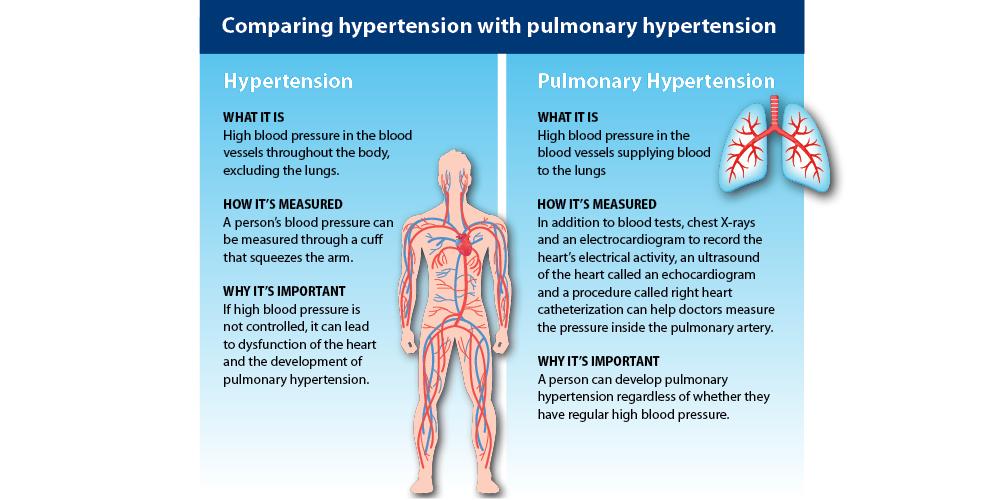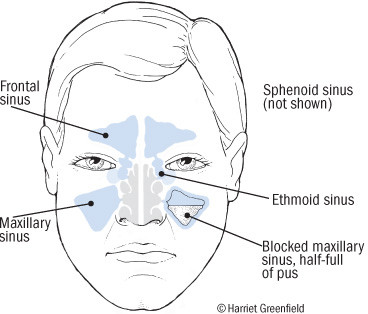Gastroesophageal reflux disease (GERD), also known as gastro-oesophageal reflux disease, is a chronic upper gastrointestinal disorder. This condition involves the regular backflow of stomach contents into the esophagus, leading to various symptoms and possible complications. Common symptoms include dental corrosion, dysphagia (difficulty swallowing), heartburn, odynophagia (painful swallowing), and regurgitation.
Harvard Health highlights additional GERD symptoms such as nausea, difficulty swallowing, a recurring sour or bitter taste in the mouth, chronic cough, hoarseness, sore throat, and chest pain or tightness that may awaken you at night. It is crucial to differentiate between heartburn and GERD, as they share similar traits but are distinct conditions. Heartburn is the most common symptom of GERD, characterized by a burning chest pain starting behind the breastbone and moving up to the neck and throat, lasting up to 2 hours and often worsening after eating.
Treatment options for acid reflux, a key component of GERD, include over-the-counter medications such as Tagamet, Zantac, Pepcid, Axid, Gaviscon, Maalox, Mylanta, or Tums. These medications help suppress acid reflux. However, if antacids are used more than four times a week to control symptoms, it is advisable to consult a physician.
Surprisingly, poor posture can exacerbate GERD symptoms. Slouching increases abdominal pressure, impacting the bladder and decreasing the effectiveness of pelvic floor muscles. This can promote stress incontinence, a condition where laughing or coughing causes urine leakage.
For comprehensive care, Stony Brook University Hospital offers a multidisciplinary team of specialists to evaluate, diagnose, and treat complex diseases and disorders of the esophagus and stomach. UC Irvine’s Department of Head & Neck Surgery also addresses laryngopharyngeal reflux, a variant of GERD affecting the throat and voice.
For those seeking non-medication treatments, Harvard Health suggests several at-home remedies for acid reflux. It’s important to recognize that when acid reflux produces chronic symptoms, it is classified as GERD.

To learn more about GERD and its management, visit Harvard Health, UC Davis Health, and Stony Brook GERD for detailed information.


